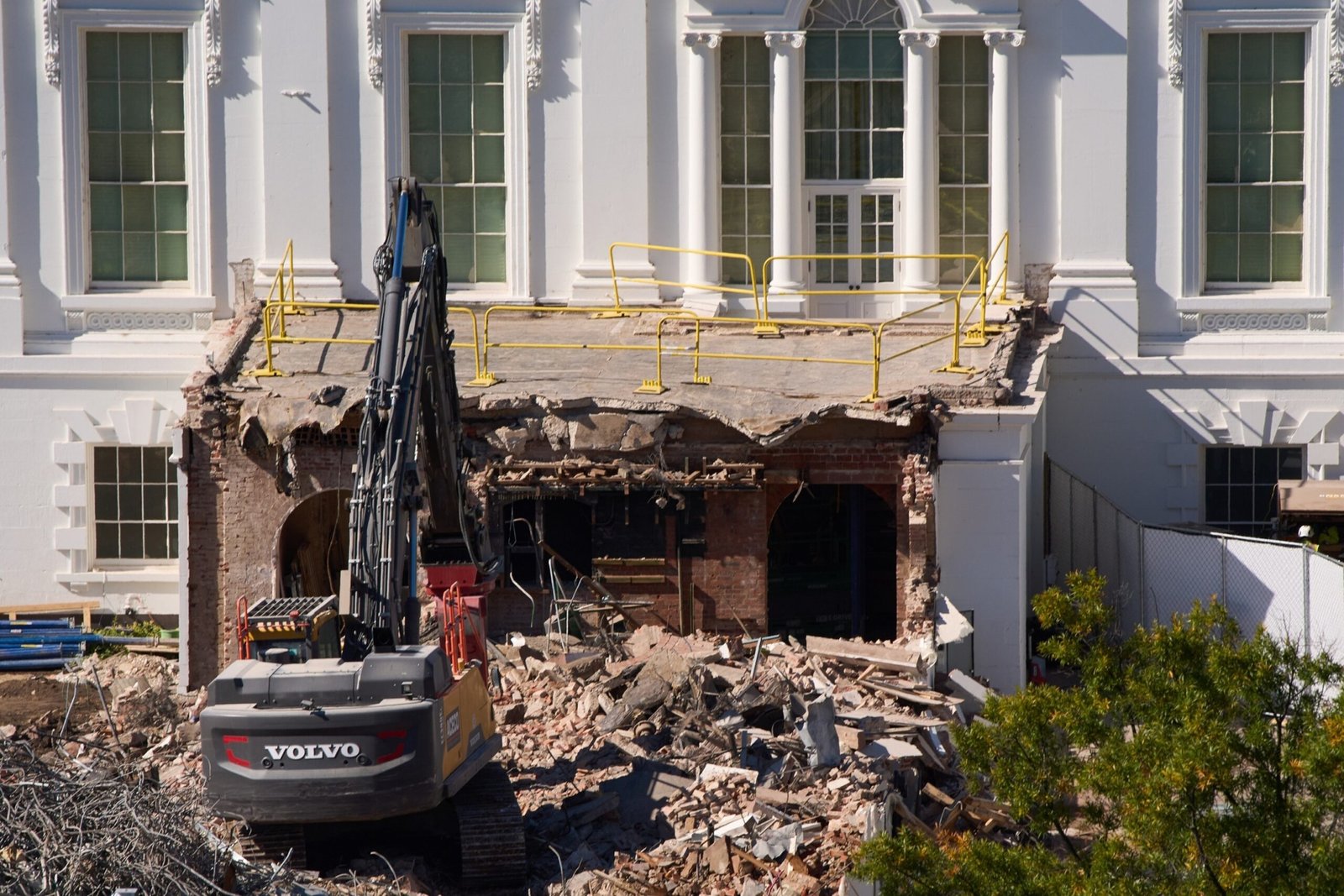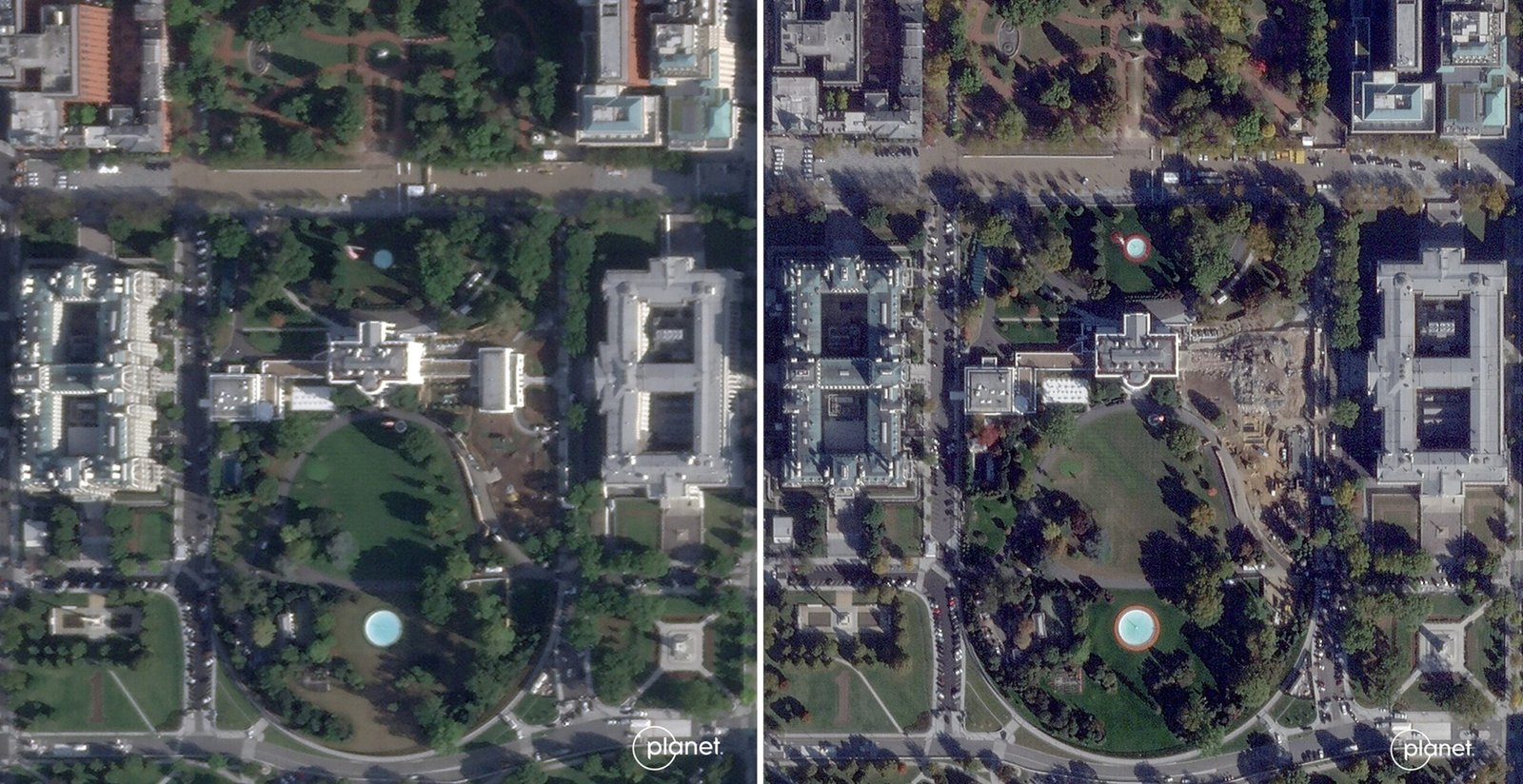Prosecutors investigating New York Attorney General Letitia James for possible mortgage fraud found evidence that would appear to undermine some of the allegations in the indictment against James obtained earlier this month. – including the extent to which James personally benefited from the purchase of the property – according to a memo summarizing the status of the case in September, sources told ABC News.
Prosecutors who led the months-long investigation into James’ conduct concluded that any financial benefit derived from his allegedly forged mortgage would have amounted to about $800 in the year he purchased the home, sources said.
Government lawyers also expressed concern that the case likely cannot be proven beyond a reasonable doubt because federal mortgage guidelines for second homes do not clearly define occupancy, a key element of the case, according to sources.
Prosecutors detailed the findings to the previous federal prosecutor, Erik Siebert, in an internal Justice Department memo summarizing the status of the case early last month, according to sources familiar with its contents. Siebert was ousted by President Donald Trump last month after refusing to press charges against James amid what critics call Trump’s payback campaign against his supposed political enemies.
“I want him out,” Trump said the day before Siebert was ousted, telling reporters it was because Virginia’s two Democratic senators supported his nomination. Of James, Trump said: “It seems to me that she is very guilty of something, but I really don’t know.”
Acting U.S. Attorney Lindsey Halligan, whom Trump appointed with the explicit mandate to bring charges against James and others, obtained an indictment against James earlier this month on charges of bank fraud and making false statements to a financial institution.
Last week, Halligan abruptly fired the memo’s author, career prosecutor Elizabeth Yusi, in part because of her resistance to bringing the case against James, sources said.

Attorney General Letitia James speaks during a press conference in her New York office on October 16, 2025 in New York City.
Michael M. Santiago/Getty Images
Yusi did not immediately respond to a request for comment from ABC News. A Justice Department spokesperson and James’ attorneys declined to comment.
James, who has denied any wrongdoing, will appear in federal court in Norfolk on Friday to be arraigned.
According to the indictment, James falsely described the property as a second home, but used it as an “investment property” rented to a family of three. The grand jury alleged that James charged thousands of dollars in rent and would have saved $17,837 over the life of the mortgage compared to a loan at a higher rate.
“The charges alleged in this case represent intentional criminal acts and tremendous violations of the public trust,” Halligan said in a statement earlier this month.
But in a memo last month to Halligan’s predecessor, prosecutors offered a softer assessment, sources familiar with the memo said.
James purchased the house in Norfolk, Virginia, for his great-niece in 2020 for $137,000 in 2020 and immediately allowed her and her children to begin living in the house rent-free. Prosecutors met with James’ niece, who claimed that she had never signed a lease, had never paid rent on the house and that James had often sent her money to cover some of the expenses, the memo concluded, according to sources familiar with its contents.
While the indictment alleges James made “thousands” in rental income, sources tell ABC News that prosecutors found no record of James collecting rent from his niece beyond the $1,350 James reported on his 2020 tax return, which was said to cover the cost of utilities, according to sources familiar with the investigation.
As of last month, investigators had met with 10 witnesses who offered conflicting accounts about whether James’ actions constituted fraud or the extent to which she benefited from her actions, the sources said.
James made a 20% down payment on the house, the same he would need to make for an investment property, instead of the 10% typically required for a second-home loan, according to sources familiar with the case.
A loan officer who worked with James told investigators that the interest rate for a second home compared to an investment property at the time of James’ purchase would have been 0.25% to 0.50% lower, a difference that would have amounted to $15 to $30 less on a monthly mortgage payment, or up to $10,800 less over the life of the 30-year loan, according to sources familiar with what the loan officer said. loans told investigators. In the indictment, Halligan alleged that James avoided a 0.815% higher interest rate, potentially saving James $17,837 over the life of the loan.
But prosecutors expressed concern that the vagueness of federal mortgage guidelines would make it difficult to prove that James’ actions were intentionally fraudulent in falsely claiming he intended to occupy the home, sources told ABC News. This is because Fannie Mae’s guidelines do not clearly define the term “occupied,” making it unclear whether a person needs to sleep overnight in the home or simply visit several times a year.
Witnesses told prosecutors that James repeatedly informed real estate agents and loan officers that the house would be for his niece, but that she would occasionally stay there when visiting family in Virginia, sources said. James’ niece told investigators that James visited her home several times a year but did not stay overnight.
Prosecutors argued that because James spent the night in hotels when visiting family, rather than staying in the home, she could not be considered an “occupant” to justify the home being a second property.




